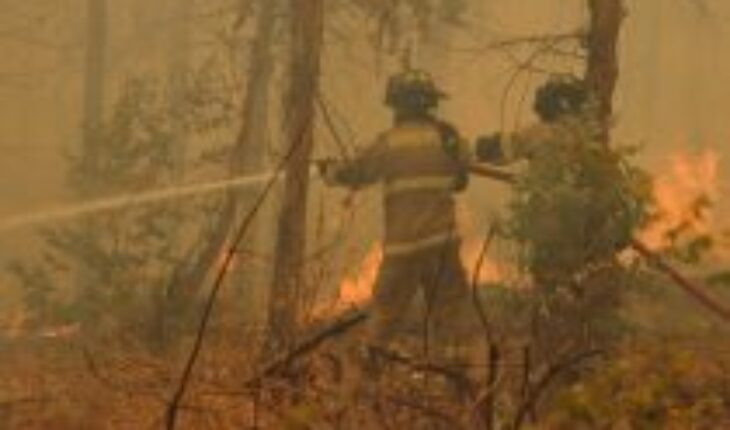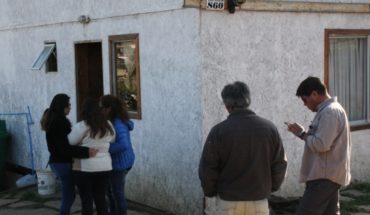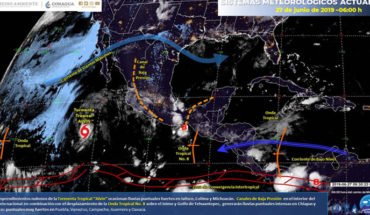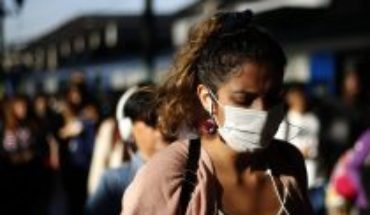Seven regions with forest fires, more than 70 active outbreaks – according to Conaf data – and a “Ten Tanker” plane in the country to fight them, is a discouraging panorama that seems to have its own date in the Chilean calendar: late January and early February.
But what to do so that this does not continue to happen? It is clear that 99.7% of forest accidents are caused by man, either by accidental, negligent or rightly intentional actions. So, I think we should appeal to education and tax actions.
With educational actions we can change the habits and behavior of the population in activities typical of the holiday season. Among the most basic measures should be considered not to make bonfires, not to smoke in unauthorized places and not to burn garbage.
For example, if you are going to make a campfire, you must always have within reach elements to put it out (water or earth), completely covering the embers, and those who live near forests or in the countryside, should keep the house clear of bushes that can burn easily.
It is also advisable not to leave garbage or other elements in the forest that can accelerate or serve as fuel for the advance of the fire, in addition to always identifying the areas with the most risk and their respective evacuation routes.
Tax measures, meanwhile, promote changes in behavior through compliance with laws and, for this to be effective, a wide dissemination of the rules is needed and exemplifying sanctions are needed for those who do not comply with the established.
It will always be easier to prevent a wildfire than to control it. I think it’s time we stop seeing February as a “fire season” and worry as a country about investing in prevention and not mitigation.
Chile without fires, is it possible?
February 9, 2023 |





